Table of Contents
Hey there, our gardening lovers! You must be writing down your next gardening tips on your memo pad. Add one more to the list: earthworms for garden. Now, that must sound a bit confusing to you. All our life, we have been told that pests always tend to eat away your plants and vice versa. However, with these insects, it isn’t the same. On the contrary, these are extremely beneficial for your soil. One of nature’s most valuable organisms is one that many gardening lovers frequently forget about earthworms. These little invertebrates are essential for keeping your garden’s soil healthy, promoting plant growth, and improving the ecosystem as a whole. So, without further ado, let us discover species of earthworms, their advantages for gardens, and methods for incorporating them into your gardening routine. But first, let’s explore closely what these minute creatures contribute to your garden.
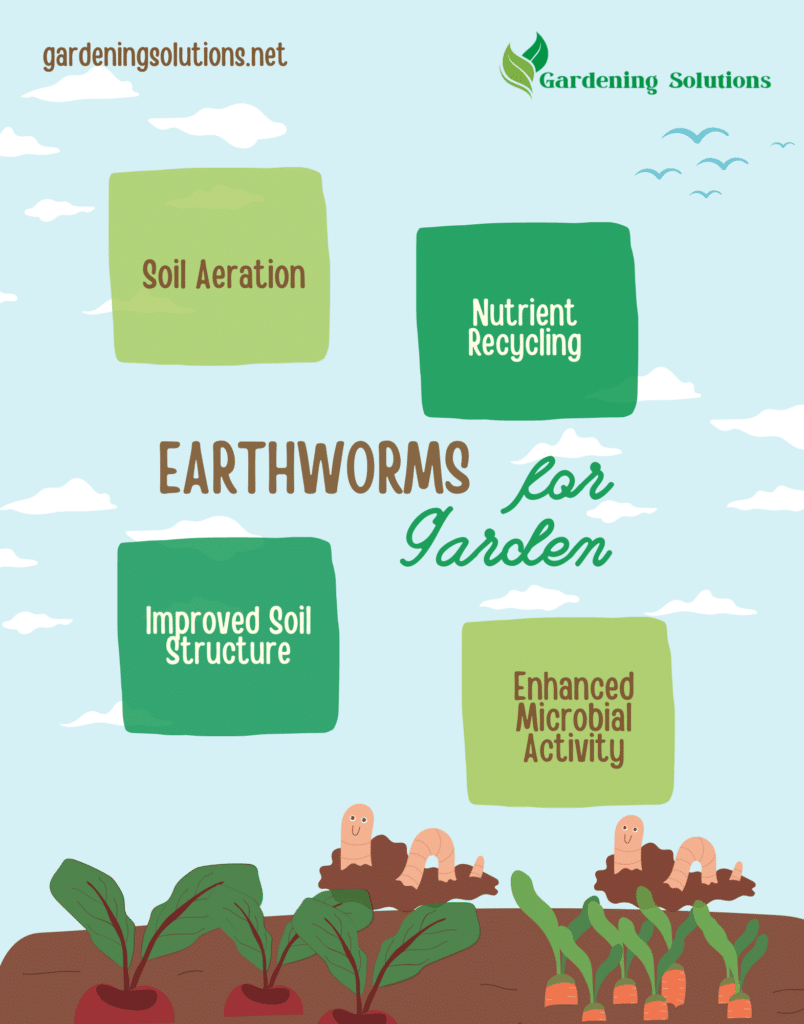
Why Are Earthworms Good for Gardens?
We have briefly discussed above the role of worms in your garden, but do you actually know what benefits these small insects provide to your backyard space? Earthworms are an indispensable ally of any garden. Their presence improves the quality of the soil and encourages healthy plant growth. Earthworms promote the entry of water and nutrients into the soil by aerating it as they dig. Additionally, they recycle organic matter, turning kitchen scraps and leaf litter into nutrient-rich castings that improve soil quality. Increasing microbial life promotes a balanced ecosystem essential for robust plant health. A garden with raised beds, compost bins, or sandy soils would benefit greatly from adding raised beds, compost bins, or sandy soils would benefit significantly from adding earthworms. Let us look at some factors of how earthworms improve your soil.
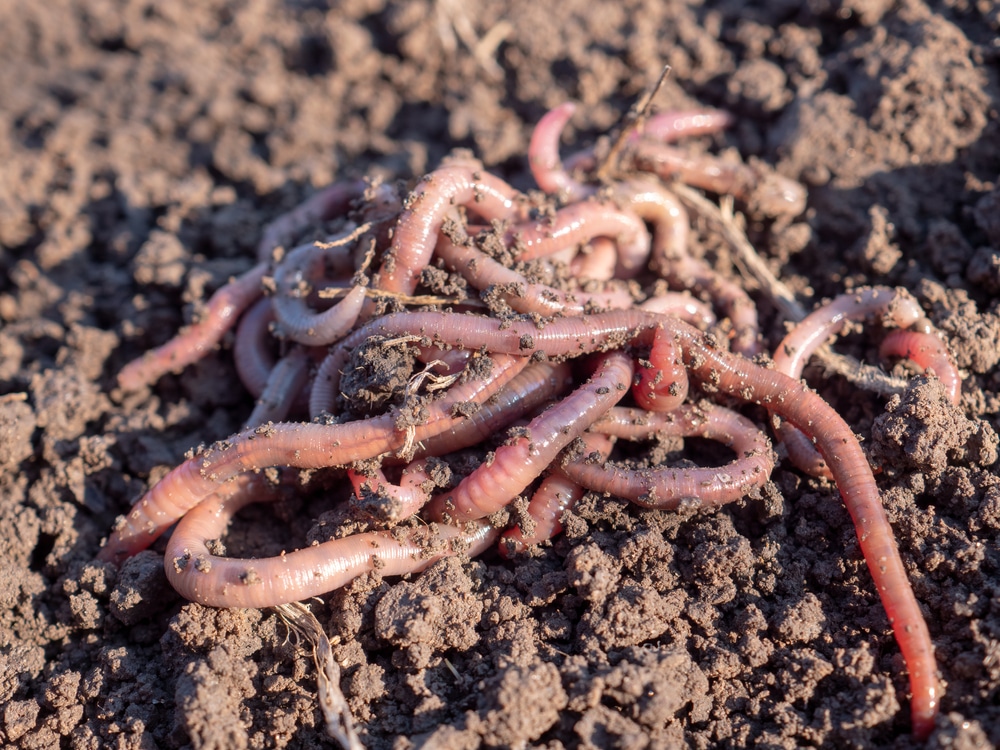
How Earthworms Improve Soil
Here are some elements listed that show how earthworms improve the soil.
Nutrient-Rich Castings
Earthworm castings are a natural fertilizer loaded with essential nutrients. These castings contain;
- Nitrogen
- Phosphorus
- Potassium
- Calcium
- Magnesium
The nutrients in earthworm castings are readily available for plants, promoting healthy growth and vibrant blooms.
Enhancing Soil Structure
Earthworms improve soil structure by mixing organic matter with mineral particles. This process:
- Increases water retention in sandy soils.
- Enhances drainage in clay soils.
- Encourages beneficial soil organisms, such as bacteria and fungi.
Promoting Plant Root Growth
The burrowing action of earthworms creates spaces in the soil that allow roots to expand freely. This promotes;
- Deeper root systems for better nutrient and moisture access.
- Enhanced plant resilience against drought and disease.
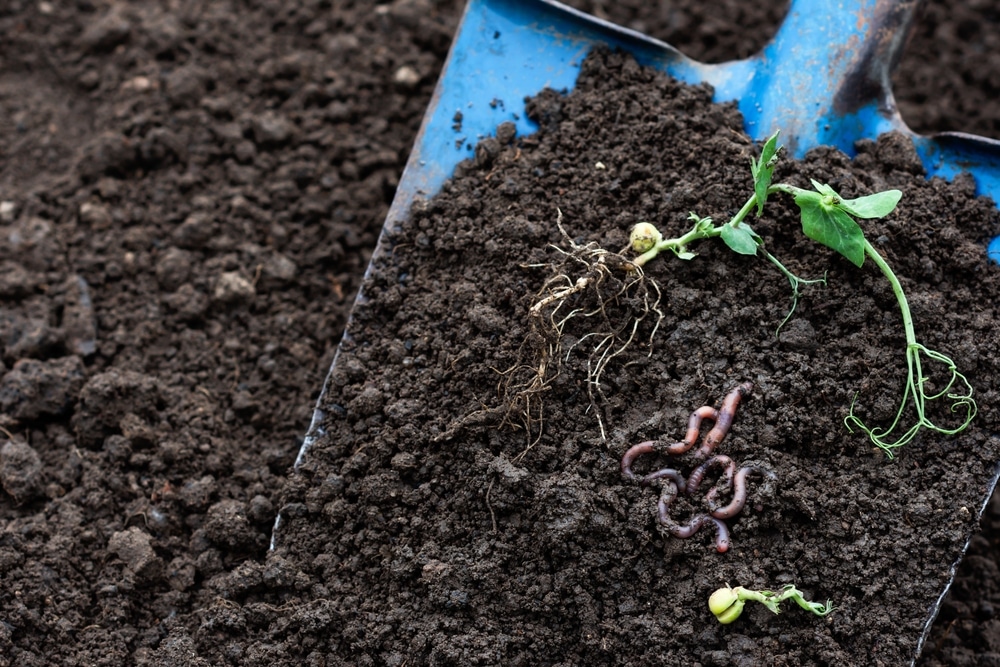
Types of Earthworms Beneficial for Gardens
Several species of earthworms are particularly beneficial for gardening. Here are a few to consider:
1. European Nightcrawler
- Scientific Name: Eisenia hortensis
- Characteristics: These worms are known for their ability to thrive in compost bins and gardens alike. They prefer cooler temperatures and can grow quite large.
2. Red Wiggler
- Scientific Name: Eisenia fetida
- Characteristics: Commonly used in vermicomposting, red wigglers are excellent at breaking down organic matter and are ideal for composting kitchen scraps.
3. Common Earthworm
- Scientific Name: Lumbricus terrestris
- Characteristics: This species burrows deep into the soil, improving aeration and drainage, and is often found in gardens and fields.
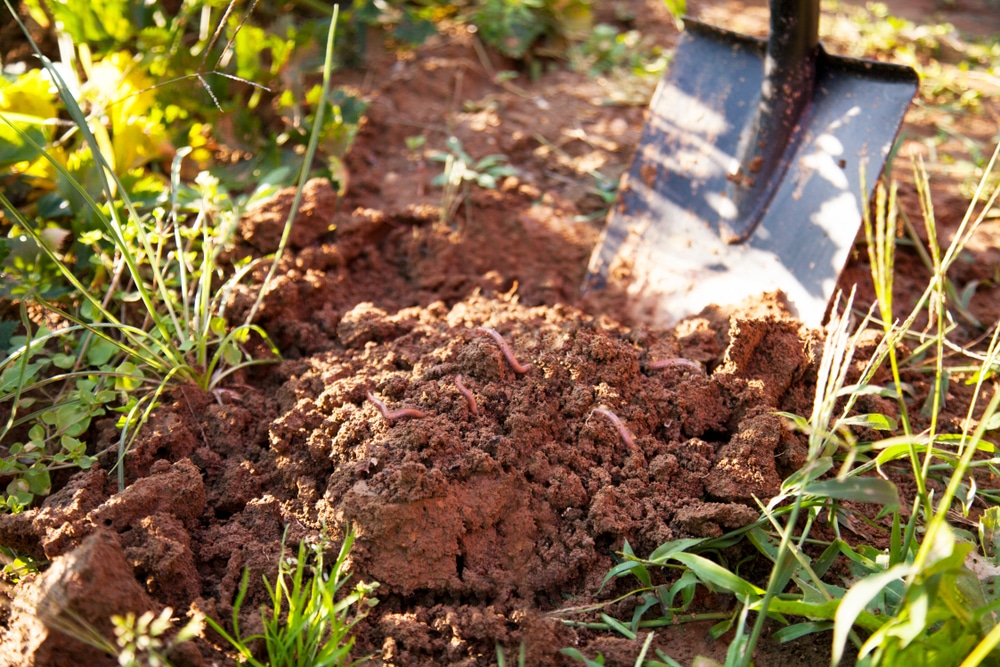
Ways to Encourage Earthworms in Your Garden
To attract and maintain earthworms in your garden, consider the following practices:
1. Add Organic Matter
Incorporating organic matter into your garden, such as;
- Leaf Litter: Decomposing leaves provide food and habitat.
- Kitchen Scraps: Adding vegetable peels, coffee grounds, and other organic waste will nourish earthworms.
- Compost: Using a compost bin enriches the soil with nutrient-rich materials.
2. Maintain Soil Moisture
Earthworms thrive in moist environments. Here’s how to keep your soil adequately moist;
- Water your garden regularly, especially during dry spells.
- Use mulch to retain soil moisture and regulate temperature.
3. Avoid Chemical Pesticides
Chemical pesticides can harm earthworm populations. To keep them safe;
- Opt for organic gardening practices.
- Use natural pest control methods, such as beneficial insects or plant barriers.
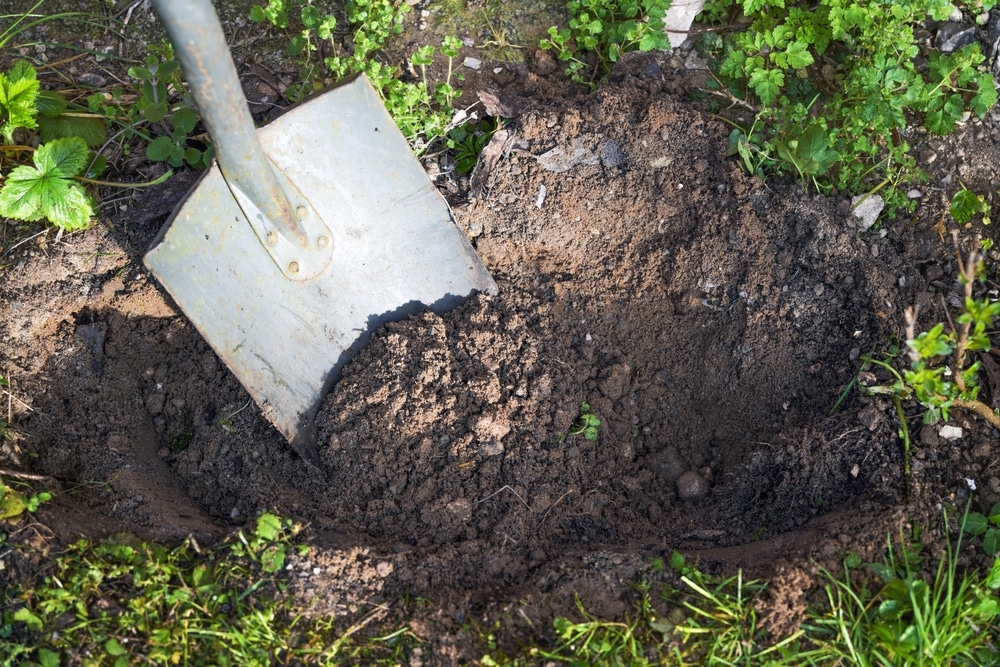
The Role of Earthworms in Different Soil Types
For various kinds of soils, the role of earthworms also changes. Here’s how.
- Sandy Soils: In sandy soils, earthworms help improve moisture retention, which is crucial for plants. Their burrowing action allows rainwater to soak deeper into the ground, providing hydration for root systems.
- Clay Soils: For clay soils, earthworms play a vital role in breaking up compacted soil. This aeration helps prevent waterlogging and encourages better drainage, making it easier for plant roots to grow.
- Raised Beds: Using earthworms in raised beds can be particularly beneficial, as these environments often require careful management of soil quality. Adding earthworms to your raised beds, especially for flower gardening. will ensure nutrient cycling and enhance soil structure.
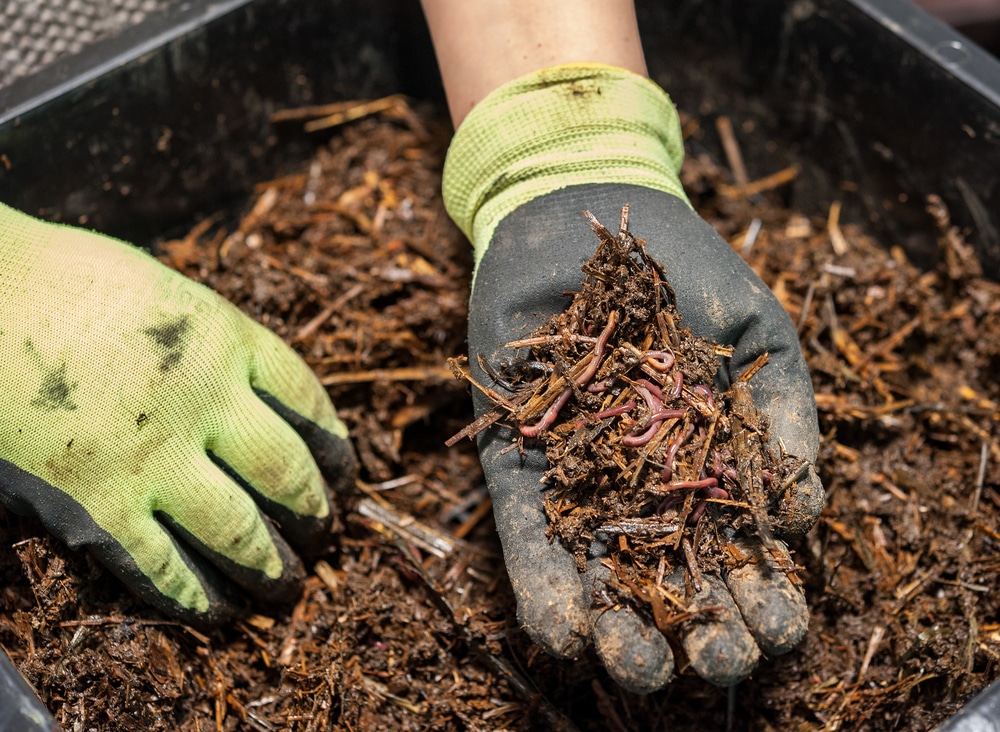
Final Thoughts
To sum up, adding earthworms to your garden is an easy and efficient method to improve soil quality, encourage plant development, and establish a healthy ecosystem. Earthworms are vital to healthy gardening because they decompose organic matter, enhance soil structure, and add wide range of nutrients to soil. Worms can help plant roots and moisture retention in sandy soils and raised or conventional garden beds. You can introduce worms such as European nightcrawlers and other composting species.
In conclusion, a natural technique to increase your garden’s productivity is to add organic waste, such as leaf litter or kitchen leftovers, to attract garden earthworms. Incorporate these helpful worms, and see how your garden flourishes!
HERE’S TO THE UNSUNG HEROES OF YOUR GARDEN SOIL!
